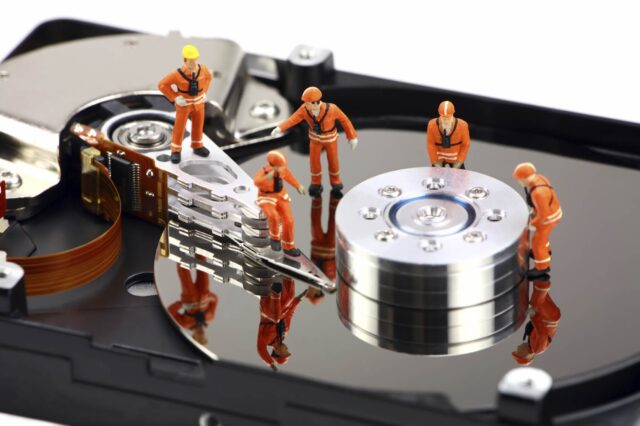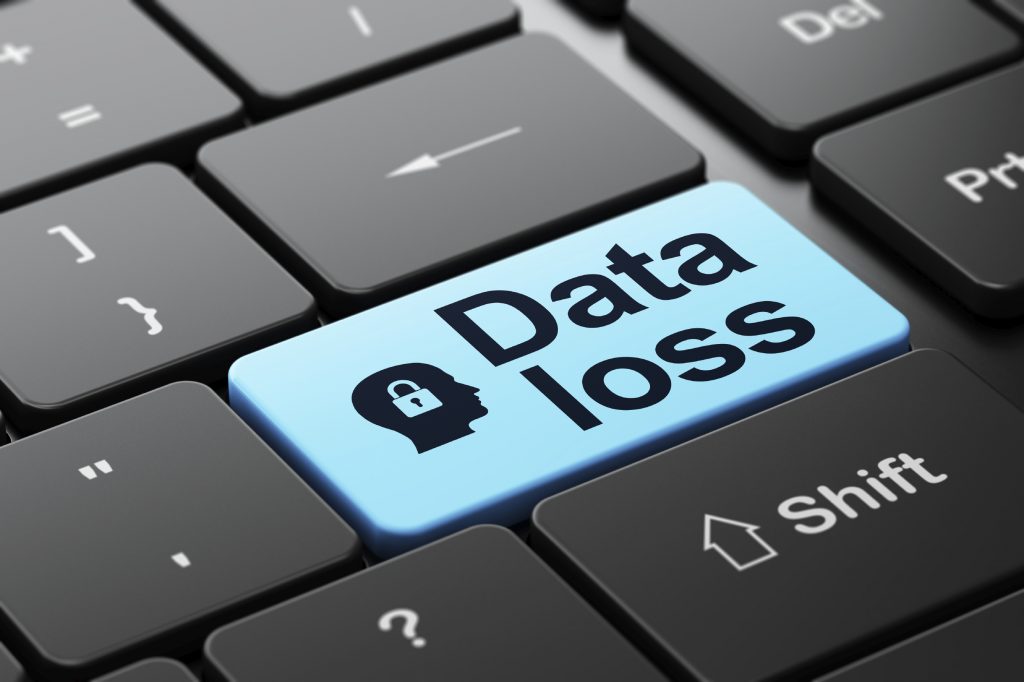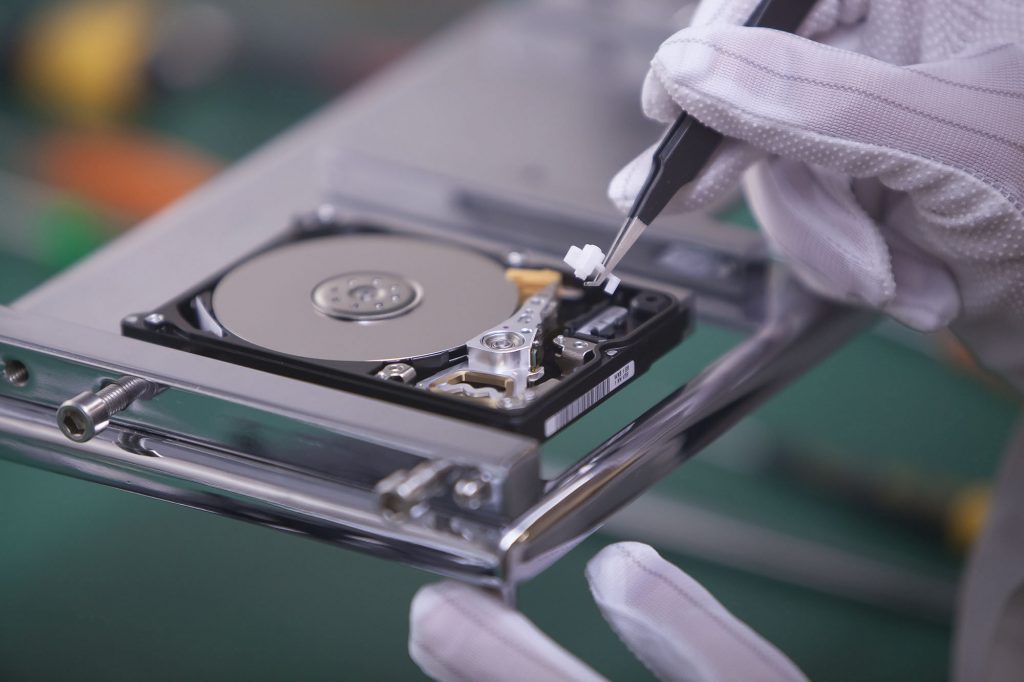
Our computers, phones and tablets store our whole lives. We have everything there, from our personal pictures up to work related files that could make the difference between getting that promotion or getting fired. As technology gets more advanced there is more space on every device to keep more things.
Because of that we forget to do backups, we keep everything in one place and when something happens to our computer, we feel like dying.
Data recovery is the process of getting back the files that got deleted from your personal device. In most cases when data loss happens, things can safely be recovered. Maybe not 100% of the files can be salvaged, but there are a lot of programs on the market that can be used to safely restore more than 95% of the removed data.
In this article we are going to help you learn how to prevent data loss, why it happens and what to do to recover it.
How to prevent Data Loss?

It’s always better to be safe than sorry. And prevention is always better than cure. In order to avoid data loss situations, some of the following steps may help.
- Backup;
- Use antivirus software and keep it updated;
- Protect your computer against power surges with a UPS (un-interrupt power supply);
- Keep your computer in a dry, shaded, dust-free and well-ventilated area;
- Avoid moving your computer or notebook when it is in operation;
- Practice disk maintenance;
- Do not use a file or disk encryption if possible;
- Turn your computer off when you’re not using it (sleep or hibernate mode is not the same as turning it off);
- Don’t use telltales techniques – putting your notebook in the freezer won’t fix it.
Main causes of Data Loss

Data loss can happen due to a number of reasons and these are the most common ones that happen frequently and can happen to anyone, no matter how tech-savvy you are.
- Accidental file deleting – we’ve all been there, you want to move something and you end up removing it. It can happen when you update your software or when you install a new software. Overwriting or deleting files is something that can happen to anyone and because of that you need to make sure to back your files up as often as you can.
- Hard drive damage – the hard drive is one of the most fragile components of the computer. It can easily break and hard drives don’t last forever. Even if they don’t have a physical damage, they will eventually die. If you damage your hard drive accidentally. However, you should use cloud storage to save data or use multiple hard drives to make sure everything is safe even if one of them gets damaged.
- Viruses and malware – when you connect to the internet, you are putting your computer at risk of viruses and malware. And we use the internet every day. Viruses can cause damage to operational software or to the data you have in your computer. Because of that, don’t open untrusted website, don’t click on random links and make sure you have an antimalware software installed.
How to avert the cost of data loss

In case you notice files are missing or your hard drive cannot be brought back to life, there are things you can do to recover the data. You should know that it is better to consult professionals and have them help you instead of trying to recover the data on your own. Here are some things you can do to safely check for missing files and hopefully bring them back.
- Invest in a file recovery program – before something happens to your data and before you get to the data recovery point, remember to have a good recovery program in hand. The professionals in this field recommend having a good recovery tool installed on your computer before anything happens to the files. Check this website where you can find how to recover files.
- Check your recycle bin – sometimes all is not lost. In a lot of cases the files are still in your recycle bin and they can be brought back just by right-clicking on them and choosing “restore”.
- Check for backed data in unconventional places – Did you know that missing files can be located in places like the memory card in Windows? Before panicking, try to remember if you sent that file, document or image to a friend or coworker. Sometimes we backup our files without realizing we’ve done that.

- Regularly back up on cloud storage – if you use your computer often and if you save things on it, you need to do regular backups. One of the places that cannot get physically damaged is cloud storage. There are a lot of free cloud storages that you can use to save a certain amount of data. If you want bigger storage, invest in trusted cloud services. Don’t save your data anywhere!
- Scan for lost data – maintaining an efficient search method could mean being able to locate and recover, otherwise, lost data. There are multiple search tools that can help you safely recover your data and search for missing files.
- Avoid downloading or installing new programs on your system – if something is missing, don’t just download and install every new recovery program that pops-up on Google. New programs can potentially overwrite the very data you’re looking to recover, and even alter or corrupt newly created data. Because of this, invest in a file recovery program in time and keep it safe on a flash drive or CD.
- Be proactive – learn to recognize the early signs of hard drive failure. By doing this you will be able to backup and save your files before they get deleted. Some of the most common signs of a faulty hard drive include grinding, clicking, and whirring sounds. Additionally, if the system operations are sluggish, it could mean that your drive will fail soon.

Data loss is stressful and if that happens, it could lead to stress and headaches. Before panicking, remember that data recovery is an option and chances are, you will get your files back.
Even in the worst cases of hard drive damage, there are things that can be done to get back some of the missing things. In case you cannot get your data back, it’s not the end of the world! You will make new memories, you will create new documents and it will be okay.
Do you have any tips on how to prevent data loss and how to do data recovery in a fast, safe and easy way?









